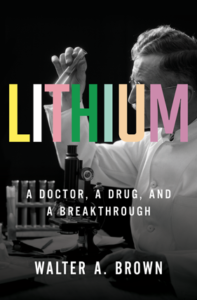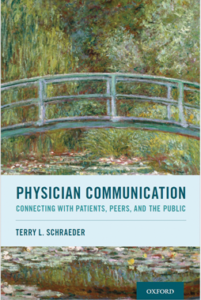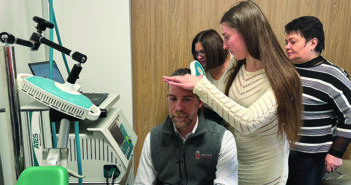Two new titles from Brown faculty…
Lithium: A Doctor, a Drug, and a Breakthrough

By Walter A. Brown, MD
Liveright
Brown, a clinical professor emeritus of psychiatry and human behavior, brings to life the discovery of lithium as a treatment for bipolar disorder in this lively account, conveying his fascination with the drug, as well as his gratitude for the good it’s done for millions of patients. Brown traces the disorder’s history, and its sometimes barbaric “treatments,” to the mid-20th century, when an Australian psychiatrist with no research training and keen observational skills found, in a series of crude experiments (and baffling leaps of logic), that lithium so thoroughly treated patients’ mania that they could leave his hospital and lead normal lives. Other researchers picked up the baton, demonstrating that lithium prevented symptoms too—and that it’s safe. Brown writes with affection and respect for their unwavering dedication to get lithium accepted worldwide. Indeed, he writes, their collective achievement launched the “pharmacological revolution.”
Physician Communication: Connecting with Patients, Peers, and the Public

By Terry L. Schraeder, MD
Oxford University Press
Schraeder, a journalist, physician, and clinical associate professor of family medicine, offers a comprehensive guide to all forms of communication, from face-to-face patient interactions to effective tweeting to media interviews. She provides practical tips and techniques that can be adopted and tweaked according to the speaker and the situation in order to ensure that messages are satisfactorily received and understood. The “why” behind better communication, she writes, is borne out by the data. It improves patient satisfaction and clinical outcomes, and decreases physician liability and burnout. However, Schraeder says, physicians cannot simply emulate some communication techniques that they think patients will perceive as empathic or respectful. “We must be empathic and respectful. We must listen and relate,” she writes. “We must care both about and for our patients.”



